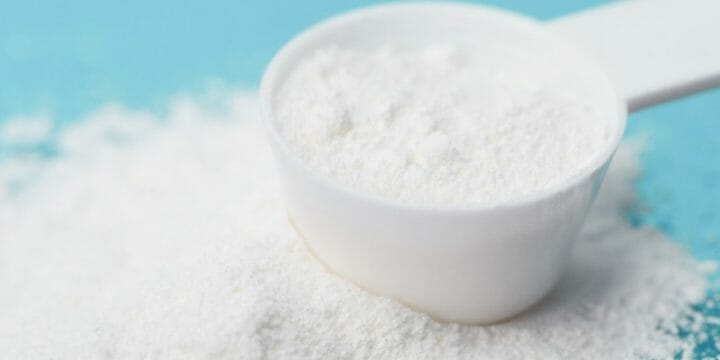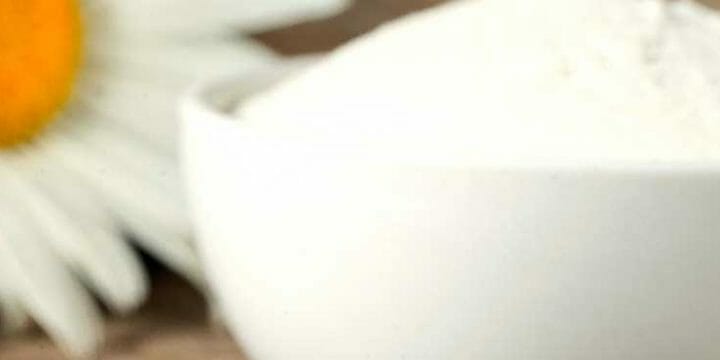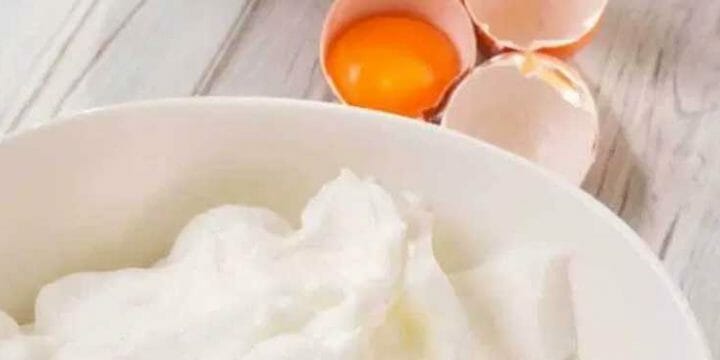Protein shakes are a popular way to supplement protein intake, especially for gym enthusiasts.
Choosing between plant-based and whey proteins depends on your health goals and lifestyle.
We've compiled essential information to help you make an informed choice.
Quick Summary
- Choosing between plant and whey protein depends on individual health goals and lifestyle, with whey being a complete protein and plant proteins often combined for completeness.
- Whey protein is about 90% pure in its isolate form and contains all essential amino acids, according to the Journal Of Sports Science And Medicine.
- Plant-based diets, which include plant proteins, can reduce carbon footprint by up to 50% compared to diets high in animal products, making them a more environmentally friendly option.
- Personally, I believe the choice between plant and whey protein should be based on individual dietary needs and environmental considerations, as both have unique benefits.
How Do They Compare
Plant-based protein is a broad category, but let's keep it fairly simple, with the most popular sources being soy, pea, brown rice, and hemp. They all have slightly different strengths and weaknesses, but we'll highlight them as we go.
On the other hand, the whey category is much simpler, as it's made up of just whey concentrate and whey isolate. A study published on the National Library of Medicine website suggests that plant proteins differ in nutritional quality when compared to animal ones [1]. But more on that later.
Let's look at how they compare in the following categories:
- Taste
- Digestibility
- Sustainability
- Amino acid profile
Taste
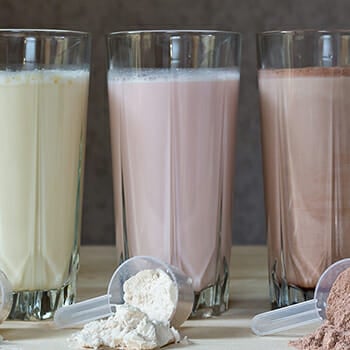
The market offers a wide variety of protein powder flavors, making it hard to distinguish between them.
Unflavored powders, particularly hemp or pea protein, have a distinct earthy taste but can be improved with the right recipe.
Soy protein and whey mix are versatile, blending well with milkshake-like flavors. It's challenging to declare a clear winner in taste.
Digestibility
If you've ever been around anyone using protein powder for any length of time, you'll know the havoc it can wreak on a digestive system.
Excessive consumption of whey protein powder can lead to gastrointestinal distress. This is not limited to lactose intolerant individuals, as whey contains only small amounts of lactose.
Plant proteins are packed full of fiber and enzymes that actively aid digestion. Not only are they easier to digest, but they can also actively improve your gut health.
Sustainability

Interestingly, the food industry is now putting a lot of focus on sustainability.
Considering the entire process from production to consumption, plant-based proteins are considered to be a lot more sustainable than their animal-derived broth protein alternatives.
The land and energy requirements that go into animal production is significantly higher compared to plant-based food. This means that the former also potentially contributes to pollution.
Plant proteins, or any other plant-derived products for that matter, are generally friendlier to the environment.
Amino Acid Profile
Whey protein, particularly whey isolate, is rich in all essential amino acids. Whey isolate is about 90% pure, making it one of the purest protein sources. The body cannot produce these BCAA's on its own, so whey having all 9 makes it a complete protein.
Plant-based proteins, such as brown rice or pea protein, may be incomplete but are frequently blended to form a complete protein profile.
There are also plant proteins that contain all 9 BCAA's such as soy and hemp if you don't want to worry about combining them.
Trista Best, a registered dietitian and consultant at Balance One, recommends selecting a plant protein powder that is made with all 20 amino acids.
According to Best, any vegan protein powder that does not have an amino acid panel should be avoided because it likely does not contain all twenty.
Related: Is Whey Protein Vegan?
Which One Is Healthier?
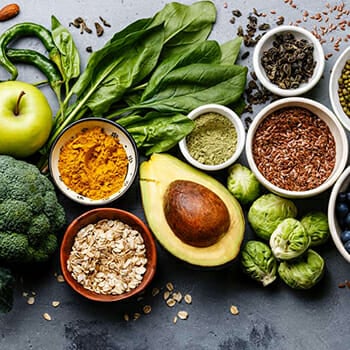
Whey has been the go-to choice for a long time now.
Research shows that the body absorbs it quicker and more efficiently. However, that doesn't mean it's better for overall digestive health. As mentioned above, it can cause a fair bit of gastric grumpiness.
Plant proteins are much more nutrient-dense than whey. Whey is, after all, purely protein. Due to this and the many varied forms you can find plant protein in, you can actually use plant proteins as more than just a protein supplement.
They can essentially be your one-stop-shop for the body's additional nutritional needs, whether you’re following a vegan lifestyle or not.
Related Articles:
Which One Is Better For Muscle Building?
Whey protein is a popular choice for those focused on muscle building and workout gains.
However, as plant proteins become more and more popular, research shows that they can be as effective in muscle building as whey.
From my own experience, the choice of whey over plant proteins often comes down to whey's complete protein profile. I've noticed that whey provides all the essential amino acids I need for recovery and muscle growth. While plant proteins can be less complete, I've successfully combined different types to meet my nutritional needs.
This claim is now debunked, as soy and hemp are considered complete proteins themselves. In this case, with the many recent studies supporting their effects on muscle building, it's a draw.
Eating a combination of incomplete proteins provides the essential amino acids your body needs. While you don't have to eat the complementary protein foods at the same meal, try to eat a variety of complementary incomplete proteins throughout the day.
- Tree Linh, MPH, RD
Which One Is Better For Weight Loss?

Protein-rich diets have been proven to aid weight loss, and that's without an active lifestyle, exercise, or calorie watching.
A protein smoothie or shake in the morning can help you feel fuller for longer and put your body in the mood to shed some fat, but which is better?
The research and advice are mixed.
There are researches that lean towards suggesting whey is better for losing weight; however, there are studies that also seem to imply that, once again, there is no difference.
Protein's role in weight loss extends beyond satiety; it also helps maintain muscle mass during calorie restriction, enhancing metabolic rate and fat loss.
Just making sure you're taking protein is all that matters, regardless of type.
Other protein-related articles:
FAQs
Do Plant Proteins Provide All Essential Amino Acids?
Yes, plant proteins can provide all essential amino acids, especially when different sources are combined, like rice and beans, which together form a complete protein.
The Main Differences Between Plant and Whey Protein
The main differences lie in their nutritional composition and impact on health. Plant proteins may lack one or more essential amino acids and often have lower digestibility compared to whey protein.
References:
- https://www.ncbi.nlm.nih.gov/pmc/articles/PMC7760812/
About The Author
You May Also Like

